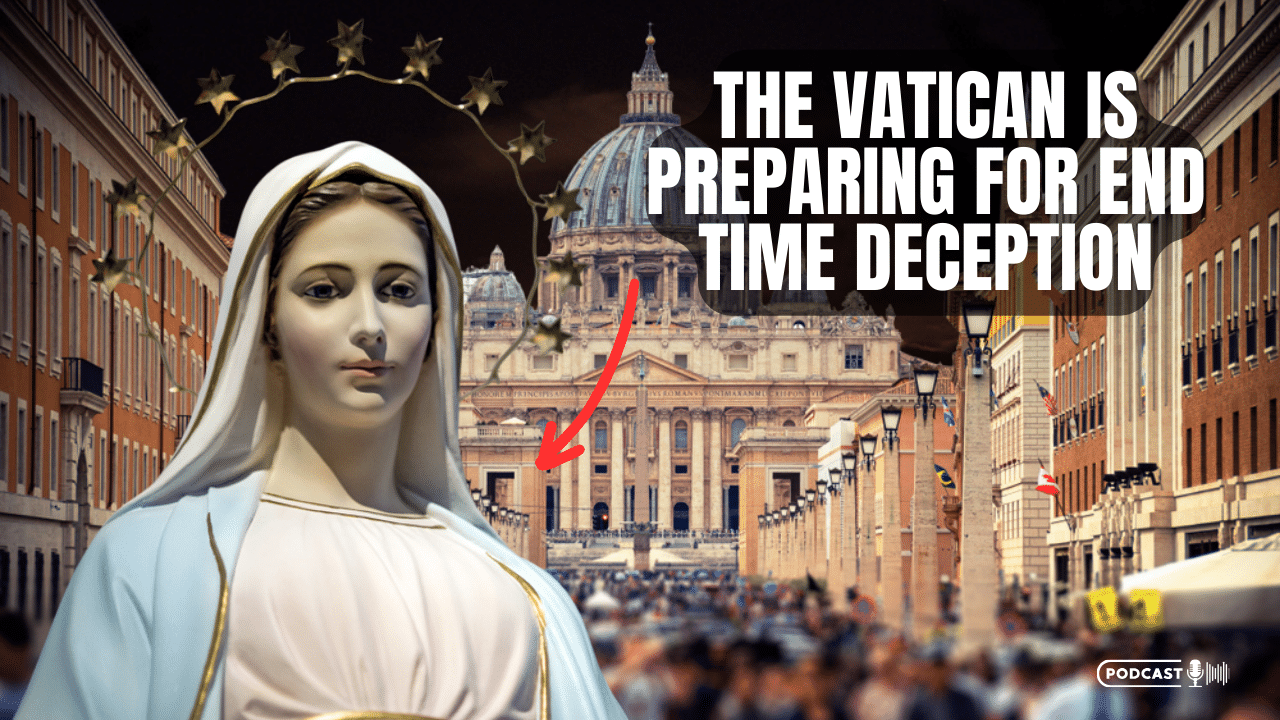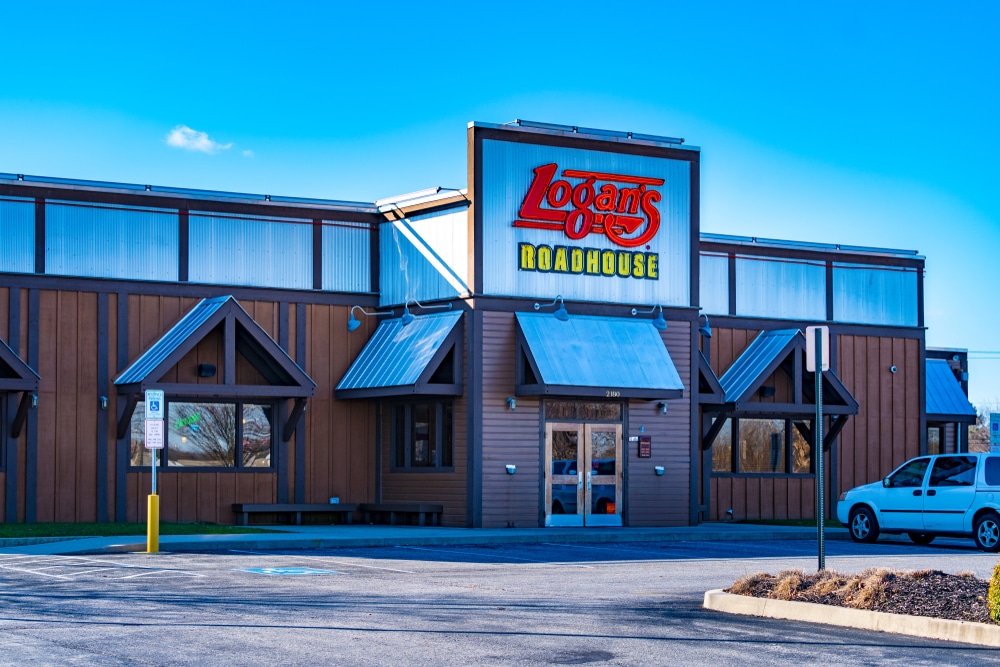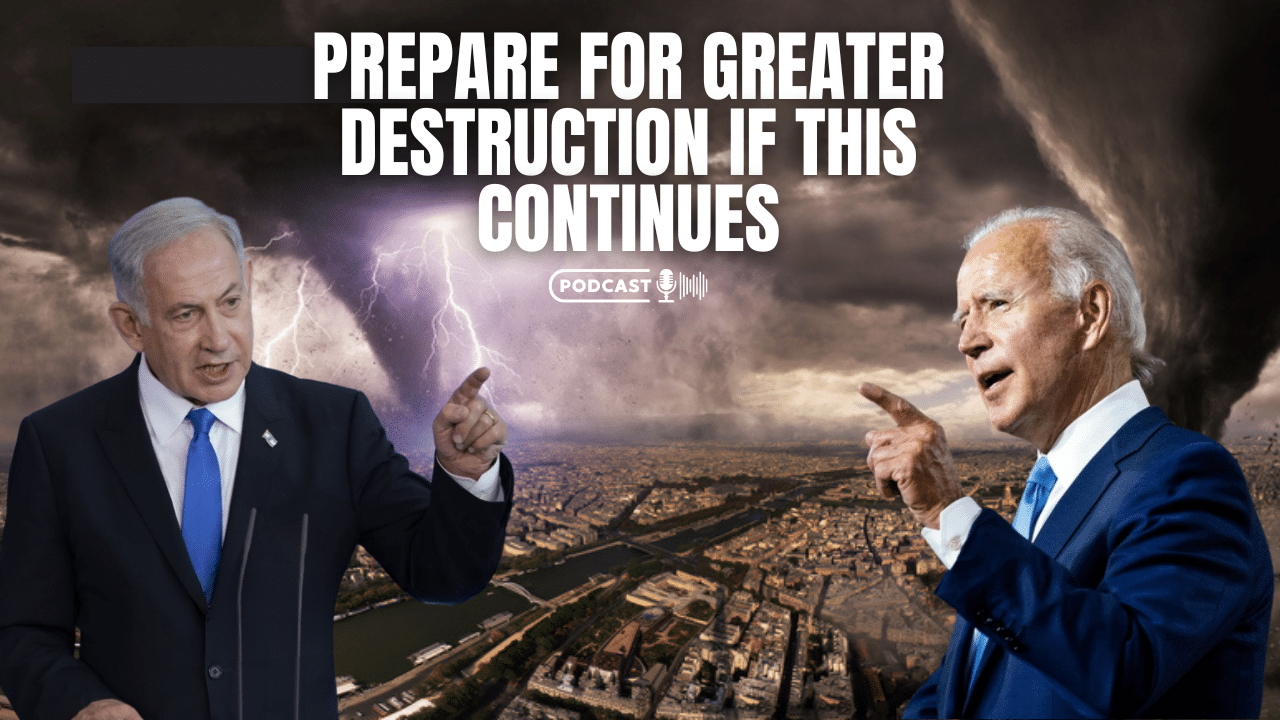(OPINION) Most American adults say religion is losing influence in public life and many are not happy about it, a new study from the Pew Research Center has found.
The study’s findings, conducted Feb. 13-25 among a nationally representative sample of 12,693 U.S. adults, found that adults, in many ways, yearn for the positive impact traditionally associated with religion. Many, however, including nonreligious Americans, feel what they believe or do not believe puts them in conflict with mainstream culture.
“Overall, there are widespread signs of unease with religion’s trajectory in American life. This dissatisfaction is not just among religious Americans.
Rather, many religious and nonreligious Americans say they feel that their religious beliefs put them at odds with mainstream culture, with the people around them, and with the other side of the political spectrum,” Pew researchers Michael Rotolo, Gregory A. Smith and Jonathan Evans wrote.
The study provides a clear statement from the public on how they want to engage with faith in the public sphere. It comes on the heels of a recent Infinity Concepts report based on responses from 1,039 Evangelical Protestants, which found that a majority of Evangelicals only agree on just two issues that churches and their leaders should be very involved with in public life — abortion and what is acceptable in public expressions of faith.
Pew researchers found that 80% of U.S. adults say religion’s role in American life is shrinking, which is as high as the sentiment has ever been in previous surveys.
Most Americans who say religion’s role is shrinking aren’t happy with religion’s trajectory, and 49% of U.S. adults overall say it’s a bad thing. Another 8% who said they thought religion’s influence is growing called it a good thing. Combined, some 57% of U.S. adults believe the influence of religion in society is a good thing.
Many of the key findings of the study highlight the growing unease among American adults with the trajectory of religious influence in the nation.
Some 48% of U.S. adults said there’s “a great deal” of or “some” conflict between their religious beliefs and mainstream American culture, which is an increase from 42% in 2020.
Another 29% think of themselves as religious minorities, up from 24% in 2020; and 41% say it is best to avoid discussing religion at all if someone disagrees with you, which is up from 33% in 2019.
Among religiously unaffiliated adults — those who identify, religiously, as atheist, agnostic or “nothing in particular” — some 72% say conservative Christians have gone too far in trying to control religion in the government and public schools, while 63% of Christians say the same about secular liberals.
In discussing the proper role of religion in society, Republicans were found to be more likely than Democrats to support religious influence in both government and public life.

















